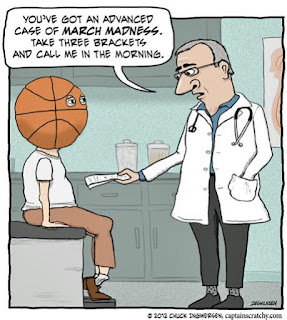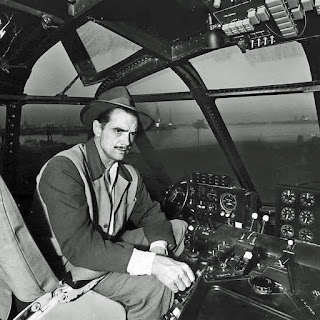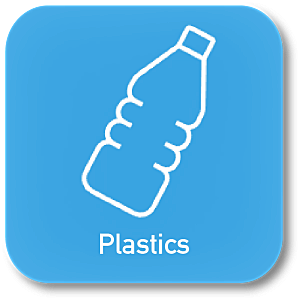OPINION5 - The Final Two Minutes Challenge
It’s almost that time of year again - March Madness and the NCAA Men’s Basketball Tournament. I watch a lot of college basketball on TV during the regular season, but the Tournament is special, and as a basketball fanatic, I try to watch as many games as possible. (If you’re a fan, you know that, early in the Tournament, that amounts to 16 separate games in a single day - on successive days!)
Last year, I wrote about March Madness - haranguing about problems with the TV coverage, including scheduling, broadcast organization, sideline interviews, the length of games, repetitive TV commercials, studio-game sound differences, and aggressively pushing gambling on Tournament game broadcasts. (See https://bobringreflections.blogspot.com/2022_04_11_archive.html)
This year, watching the final
conference basketball games leading up to the Tournament, I was reminded in
game after game how often the end of the game is maddeningly extended. So, let’s talk about end-of-game issues that drive
viewers, including me, nuts:
The last two minutes (game clock time) of close basketball games is getting ridiculous, taking as much as 30 minutes (actual time). During the NCAA Tournament, TV timeouts are extended. Coaches use the timeouts they’ve saved up to discuss end-game strategy (and/or situationally substitute players) every time their team gets the ball back. Moreover, in particular situations, coaches of the team that’s behind have their players foul after every changeover to extend the game. And sometimes, coaches of the team leading by two points near the end of the game have their players foul to prevent a winning three-point shot. Finally, the game officials stop the game for replays of every (arguably) close call. In the final two minutes, the flow of the game is destroyed, along with the enjoyment of millions of watching fans.
Let’s consider who is involved in the final two minutes:
College level players have been
going to school for at least 12 years, and have played basketball for most of
that time. The players have achieved a
high competence level in playing the game.
Basketball players are also among the best conditioned athletes in
sports, because of the pace and rigors of the game.
For the coaches, basketball is
their profession. They were hired
because of their demonstrated proficiency in coaching basketball.
NCAA Tournament game officials
are the best of the best, having been evaluated over the entire season.
And let’s not forget about
pregame preparation: College basketball
teams have weeks of preseason practice, and also practice regularly during the
season. By the time the players reach
the NCAA Tournament, they have played 30-35 games, winning most of them or they
wouldn’t even be in the Tournament.
During all those hours of practice and game playing, they have been
under the close instruction of their coaches.
Also, college basketball teams get scouting reports of their next
opponents. Game strategy is prepared and
practiced in advance of the game.
Players should know how to play, what to do, for all possible game
situations.
Considering the above, I offer
the following challenge to the NCAA for the last two minutes of a Tournament
game: No timeouts (TV or coach’s). No player substitutions. The same five players play the last two
minutes, unless a player is injured or fouls out, in which case he can be
replaced within one minute, without any coach-players dialog. No replays; the game officials’ timely
decision is final. That goes for
everything: player fouls, possession
rulings, out of bounds calls, and clock management. Lastly, any player foul committed during the final
two minutes will result in two foul shots and loss of the ball by the fouling
player’s team.
If the game ends in a tie, additional
two-minute overtime periods follow as required (under the same rules) until a
winner is decided.
Perhaps the final two-minute
period(s) could be preceded by a one-minute official timeout, allowing for strategy
discussion and player substitution. This
timeout might also build interest and anticipation for what follows.
Just think about how much more enjoyable the Tournament games will be with the end game competitive flow restored, not to mention shorter games that don’t overlap with the next scheduled game and mess up the TV schedule. The TV commercial people will just have to “suck it up” and learn how to exploit the good will generated.




Comments
Post a Comment